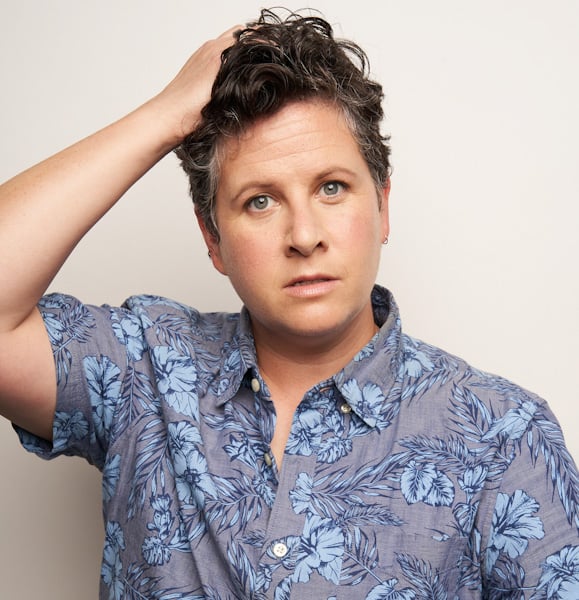NY Appeals Court Nixes Attorney Malpractice Case Over Failed Like-Kind Exchange
A New York lawyer cannot be held liable in a malpractice case over a tax-deferred real-estate exchange that failed to meet Internal Revenue Service provisions where there is no proof that the seller could have purchased additional property within a set time period as required, a state appeals court has ruled.
The case against Howard Stern, who admittedly had no experience handling a like-kind exchange under Section 1031 of the Internal Revenue Code, turned on a lack of proof of a causal connection between the “strong evidence” he was negligent in taking on a matter beyond his capabilities and the alleged damage suffered as a result by his client, Wo Yee Hing Realty, explained the Appellate Division, First Department, of the state supreme court in a Tuesday ruling.
A dissenting justice, as well as a lawyer whose firm now represents Stern’s former client, criticized as unrealistic the 4-1 majority’s holding that the company should have gone ahead and identified property to purchase to complete the exchange after it became obvious almost immediately that the transaction had failed,
reports Reuters.
The transaction failed because the $10.2 million purchase price paid to Wo Yee Hing, which must be transmitted to a qualified intermediary to meet IRS requirements for a deferral of capital gains tax, instead went directly to the realty company.
“Once you learn at a closing that you have failed to meet the requirements of the 1031 exchange, what rational person would go forward?” said attorney Ralph Drabkin. “It’s an undue burden that the court places on the client who relies on the expertise of an attorney.”
The owners of the realty company haven’t yet decided whether to appeal, the article says.
An IRS web page explains more about like-kind exchanges under Section 1031.



